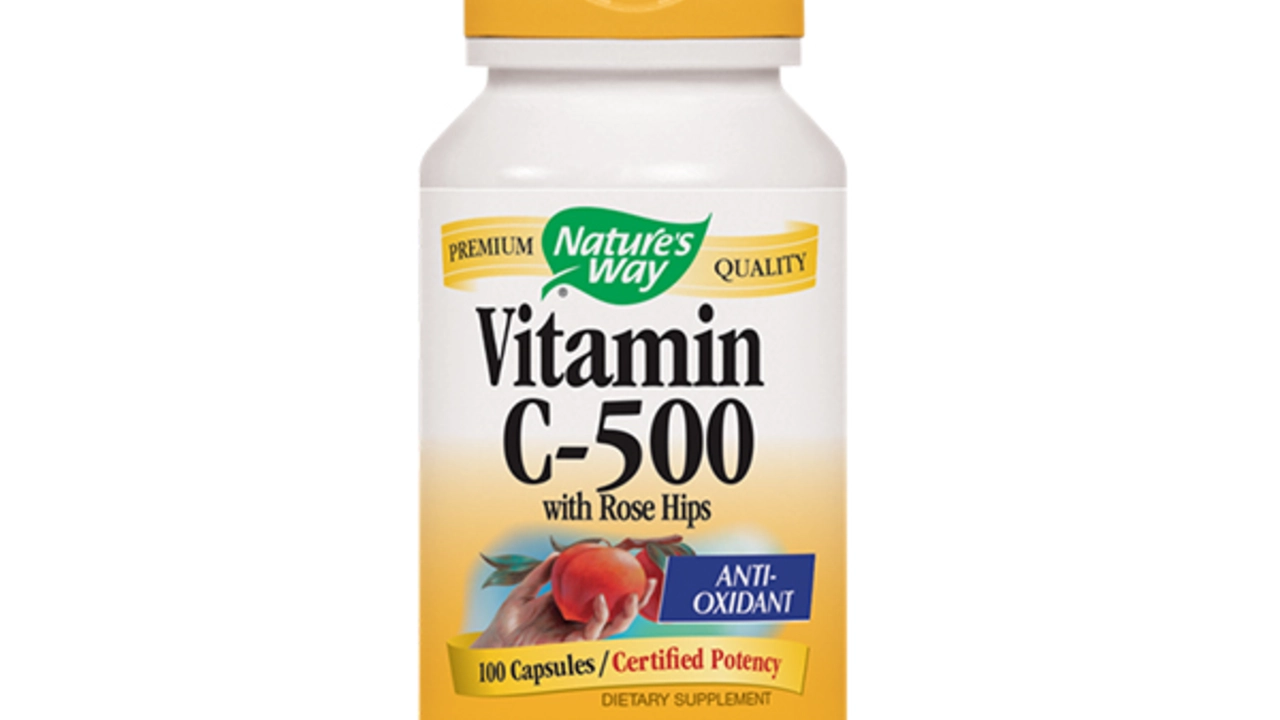Neem is a versatile plant used for skin, hair, oral care and natural pest control. People use neem oil, leaf powder, teas and capsules. This page gives clear, practical tips on what works, what to watch for, and how to buy good neem without the guesswork.
Neem has antibacterial, antifungal and anti-inflammatory properties. Topical neem oil or paste can help reduce acne and calm itchy skin when used correctly. For hair, rinses made from neem leaves or a few drops of diluted neem oil can cut dandruff and reduce scalp irritation. Neem is also a common natural insect repellent for gardens and clothes.
Some people use neem supplements for mild blood sugar support and general immune balance. While small trials suggest neem may lower blood sugar, it isn’t a replacement for diabetes meds. Think of neem as a supportive option, not a cure.
Topical: Always dilute neem oil. Mix 1–2 drops of neem oil with a teaspoon of carrier oil (coconut, jojoba) and test on a small skin patch. If no irritation after 24 hours, you can use it on acne spots or the scalp. For a simple face mask, mix a pinch of neem leaf powder with aloe vera gel to form a paste.
Hair: Make a rinsing brew by steeping 1–2 tablespoons of dried neem leaves in hot water for 10–15 minutes. Cool and use as a final rinse after shampooing.
Oral supplements: Follow the label. Common doses range from 250–500 mg once or twice daily for standardized extracts, but check with your healthcare provider first, especially if you take other meds.
Garden/home: Use neem oil sprays labeled for horticultural use. Follow the product instructions and avoid spraying during the heat of the day to prevent leaf burn.
Storage: Keep neem oil in a dark, cool place. Neem leaf powders and capsules should be sealed and kept away from moisture.
Who should avoid neem: Pregnant or breastfeeding women and young children should skip oral neem. People with low blood sugar or on diabetes medicines, blood pressure drugs, or immune-suppressing drugs should talk to their doctor before using neem. Rare cases of liver issues and vomiting have been reported when neem was taken in large amounts.
Buying tips: Choose cold-pressed, organic neem oil if you plan to use it on skin. For supplements, look for standardized extracts with clear dosages and third-party testing. Avoid products that don’t list origin or extraction method. If you want a garden product, buy formulations specifically labeled for plants—don’t use cosmetic-grade oils on crops.
Quick DIY: For a gentle spot treatment, mix a pea-size amount of aloe vera gel with one drop of neem oil and dab on the affected area overnight. For a scalp detox, use the neem leaf rinse once a week.
Neem can be a practical, low-cost addition to your routine when used sensibly. Ask questions, patch-test new products, and check with your healthcare provider if you’re on medication or have a chronic condition.

In my latest blog post, I delve into the incredible benefits of neem, nature's most potent dietary supplement. From its origins to its myriad health benefits, I've covered it all. I've highlighted how it aids in digestion, boosts immunity, and even contributes to skincare. Additionally, I've shared some tips on how you can incorporate neem into your daily routine. It's a comprehensive guide that aims to shed light on this natural powerhouse and encourage a healthier lifestyle.
CONTINUE READING